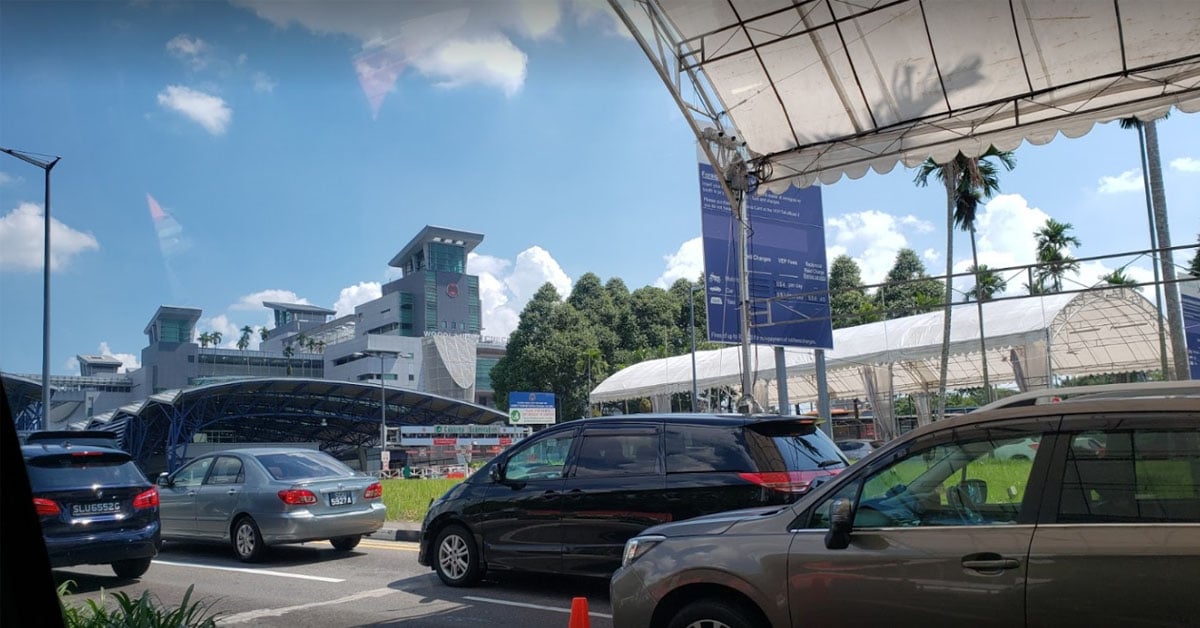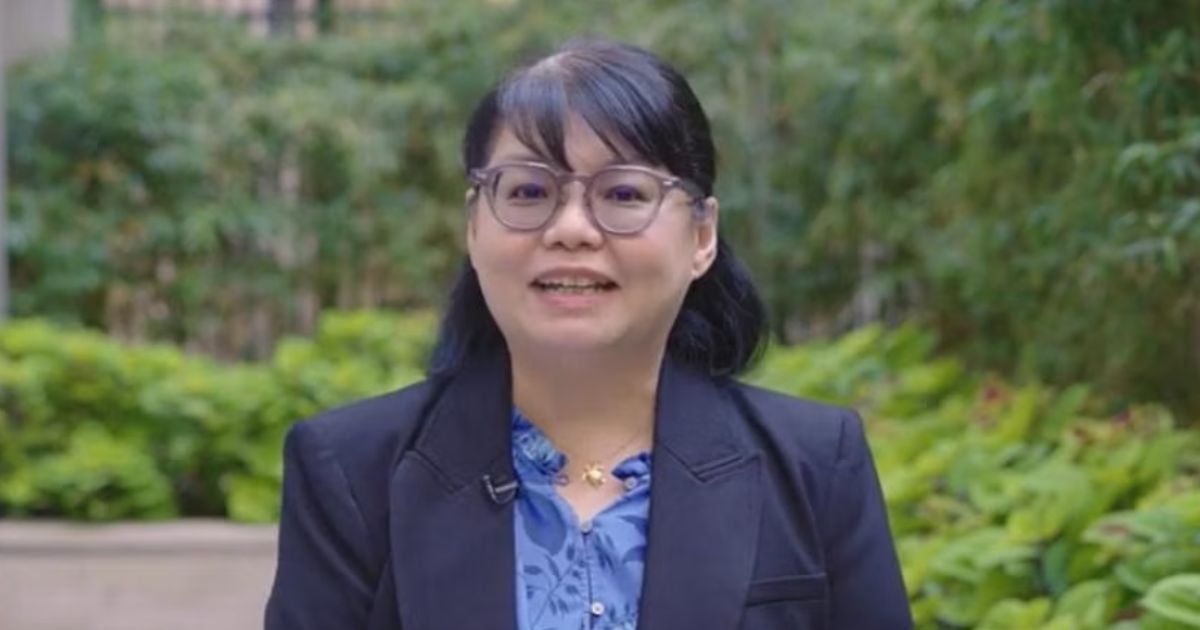It seems that Singapore has given the nod to China’s proposal on “mutual recognition of health certificates”.
In case you’re unaware, China had rolled out a digital Covid-19 “vaccine passport” earlier this month. The passport, which will contain COVID-19 related details of individuals, would allow citizens to travel overseas.
And Singapore has welcomed the notion of mutual recognition between both countries.
S’pore Welcomes China’s Proposal to Mutually Recognise Health Certs
In an interview with Xinhua, Foreign Affairs Minister Vivian Balakrishnan revealed the nation’s openness to China’s “recent proposal on mutual recognition of health certificates”.
Reaffirming mutual ties, he stated that this would be a good time to establish travel relations.
“This is a timely initiative as our two countries have begun vaccination programmes,” he said.
Mr Balakrishnan also added that health certificates would aid in the safe resumption of cross-border travel while safeguarding public health at the same time.
Can Also Play A Part in China’s Economic Strategy
Meanwhile, Singapore could also potentially play a role in China’s economic strategy.
Deemed as a dual circulation strategy, China’s new method involves encouraging domestic consumption and self-reliance, while at the same time supporting foreign investment and export markets.
As a major regional financial hub, Singapore will be able to assist with the opening of China’s financial and capital markets.
According to Dr Balakrishnan, Singapore has been China’s biggest foreign investor for the past seven years.
As such, Singaporean companies can continue tapping on prospective markets in China, while China’s domestic economy stands to benefit from Singapore’s expertise.
“Singapore companies can continue to tap on the large and growing markets in China, in areas where Singapore’s expertise best serve China’s domestic economy,” the foreign minister said.
Good Relations
Mr Balakrishnan is currently on a two-day trip to Fujian, China from 30 to 31 March, where he is in direct liaison with China’s State Councillor and foreign affairs minister Wang Yi.
According to the Ministry of Foreign Affairs (MFA), the move “reaffirms the long-standing and substantive relations between Singapore and China, as both countries cooperate to strengthen economic recovery following the Covid-19 pandemic.”
One Of The First
China was one of the first countries to introduce the COVID-19 passport, alongside the likes of Bahrain and others.
Advertisements
Though such a method could potentially revitalise an ailing tourism industry, the move has not been approved by everyone.
In Jan 2021, a petition was launched on the British parliament website titled Do Not Roll Out Covid-19 Passports.
The reason for not rolling out the proposed passport, the petition reads, is because it could be used to discriminate against those who refuse to take the vaccination.
Another factor that’s stopping Europe from issuing passports, despite some nations calling for it, is the format of said passport.
The passports have to be machine-readable (at countries it’s used at), hard to forge and tamper-proof.
Not only that, but they are also unsure about the amount of personal data that should be provided on the document, given that said data will be captured and read by other countries when presented.
Finally, the most important (and practical) factor against Covid-19 vaccine passports: there are too many unknowns about the Covid-19 vaccines.
Only time will tell whether such passports will become a mainstay in the future.
Featured Image: Alison Wen / Shutterstock.com
Advertisements








